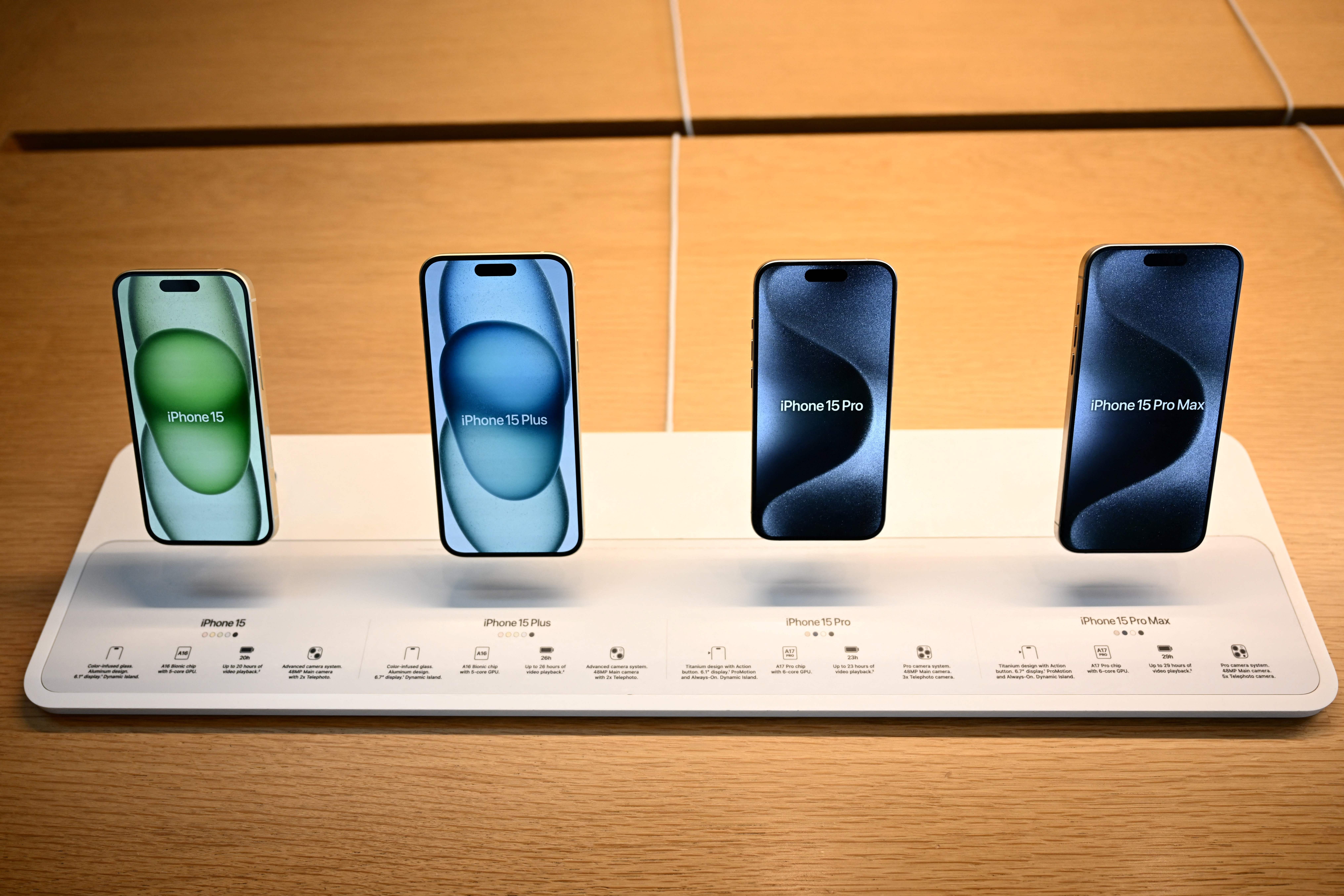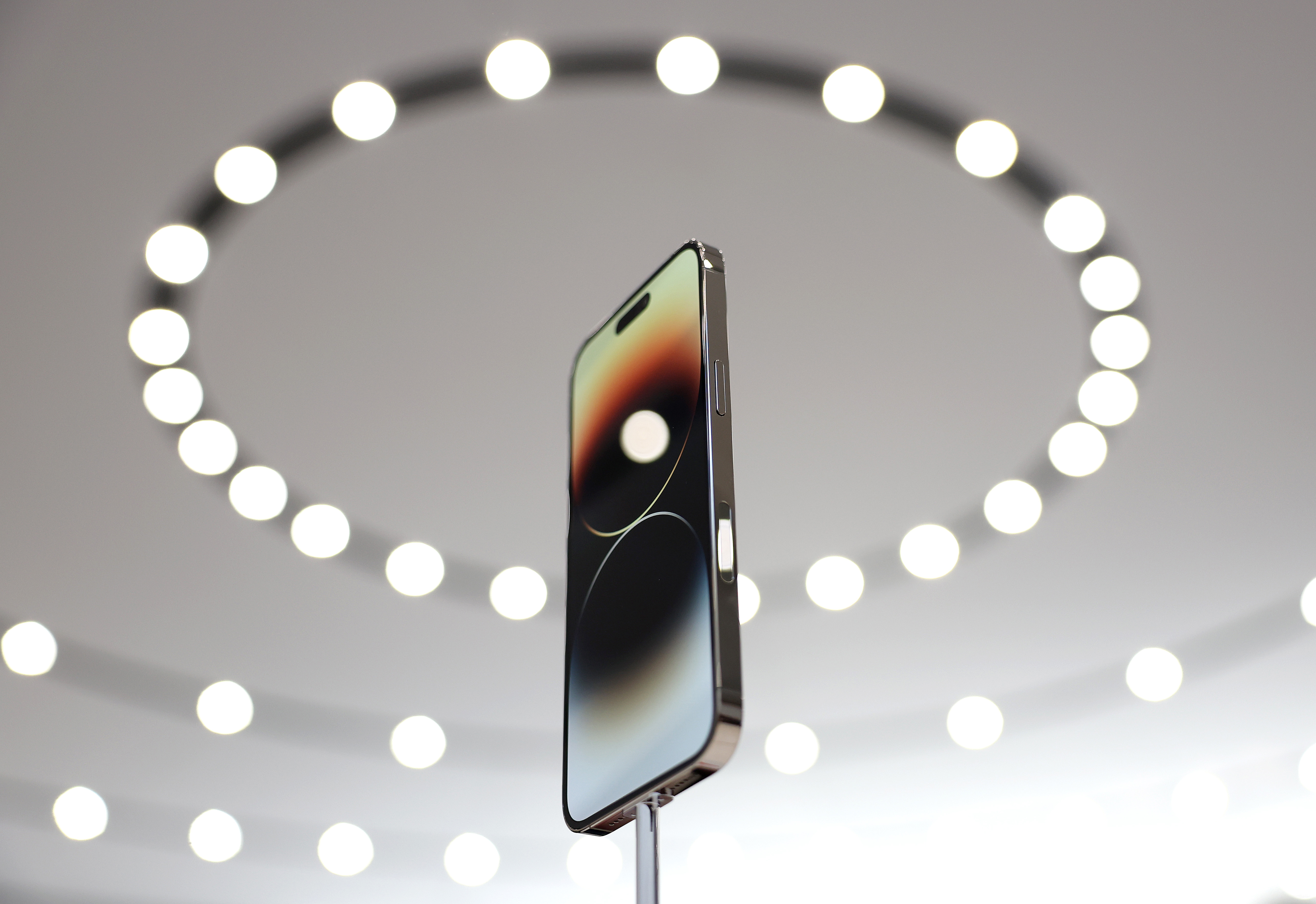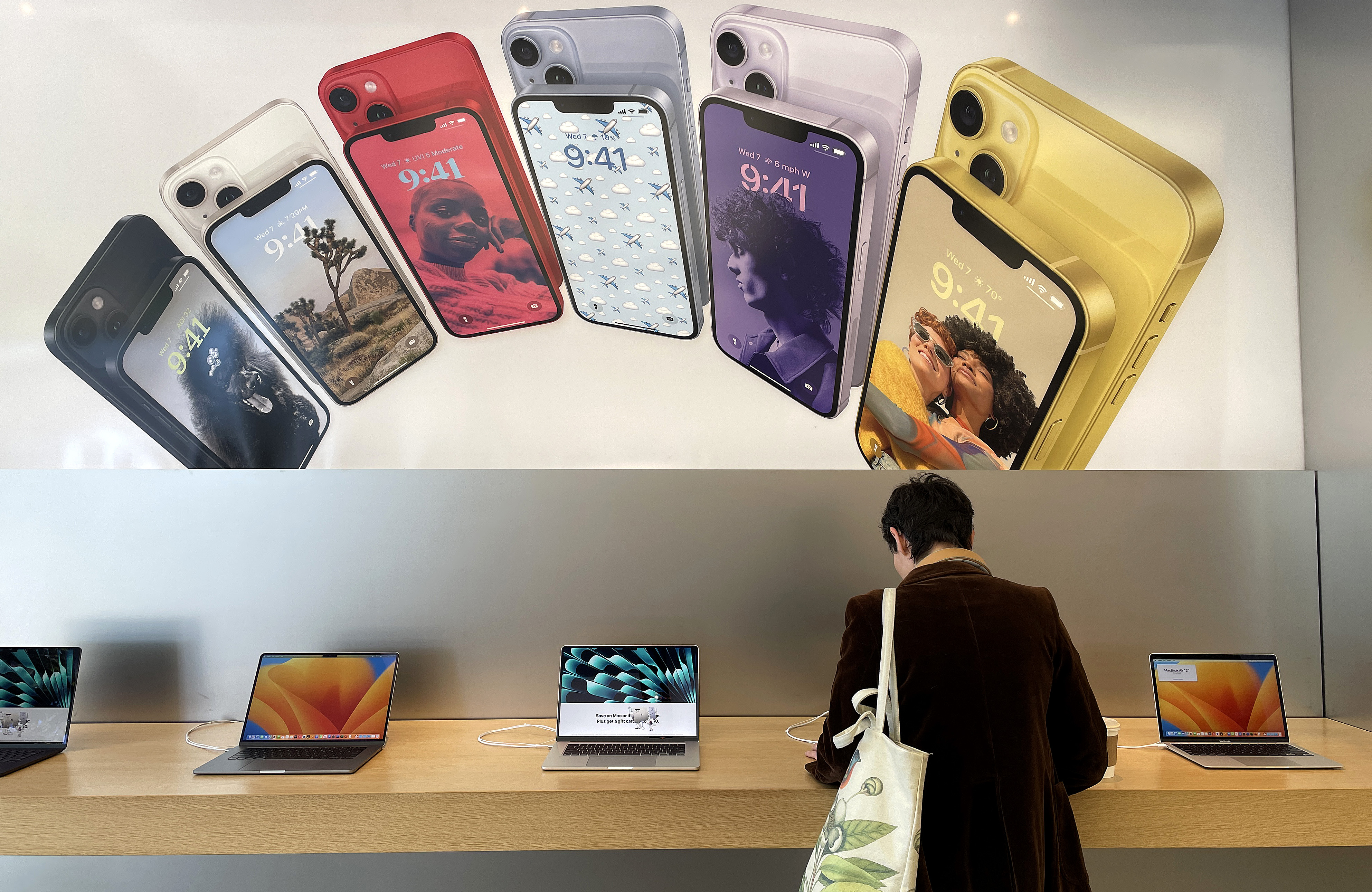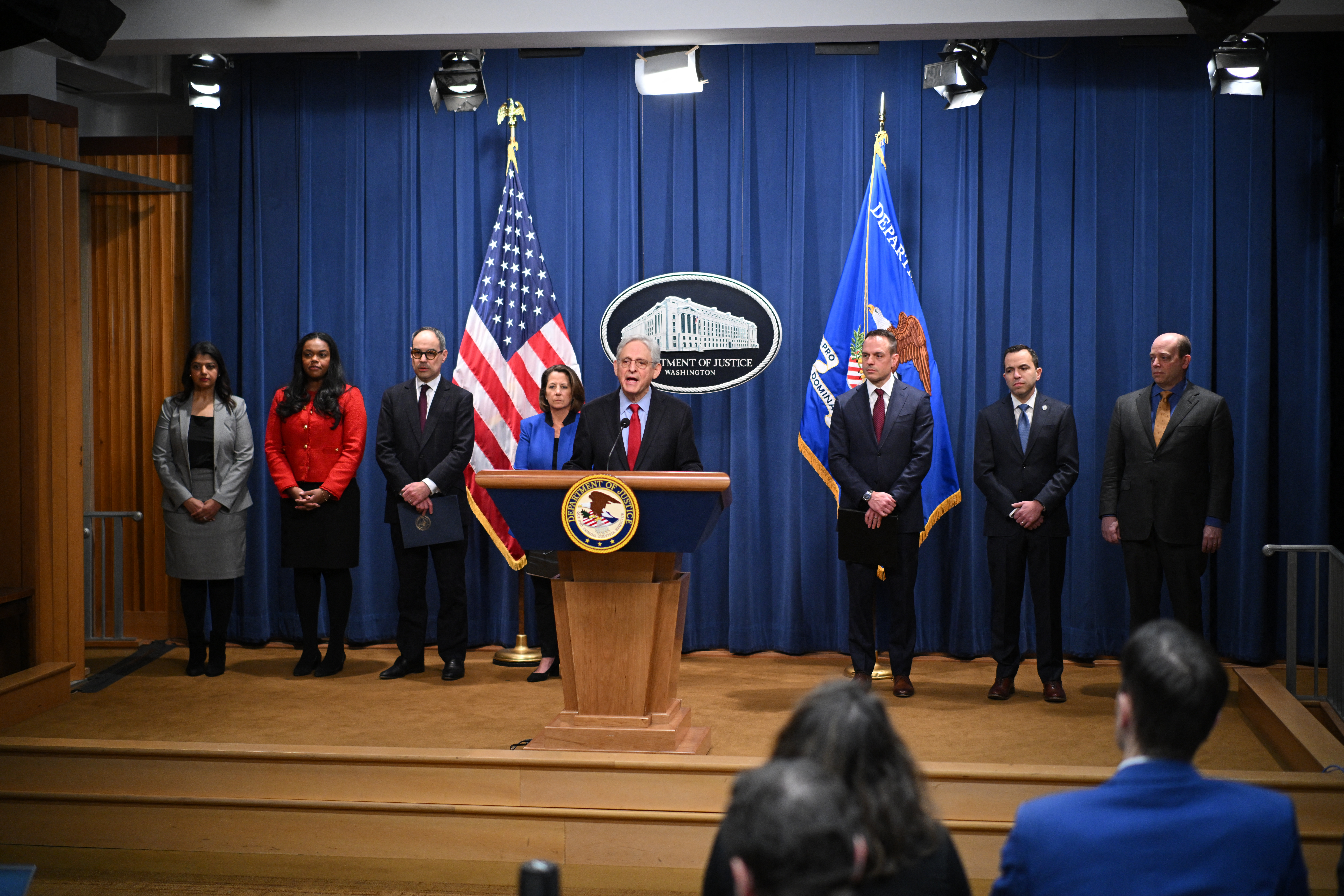California Attorney General Rob Bonta said in a news conference Thursday that the landmark lawsuit filed against Apple will ultimately be good for business and consumers.
“This is a pro-business action,” Bonta told reporters. “When we make sure that the rules of the marketplace are being followed, that no one is acting illegally, abusing their power, acting in a way that's anti-competitive or exclusionary, it provides an opportunity for the next innovator, the next dreamer, the next visionary, the next startup, the next mom and pop to be able to participate in the marketplace and compete, as opposed to being squashed out and pushed out because of the dominant market force.”
California is one of the states participating in the DOJ action against Apple. As the largest state by population and the home state of Apple and many other Big Tech companies, California's participation was notable.
“We need to make sure that consumers and competition in a fair market exist, and that’s what this lawsuit is about,” Bonta said. He noted that investigators have spent years building the case against Apple. And the bench trial in the US District Court in New Jersey may go on for roughly three years.
“It is pro-consumer, it is pro-business, it is anti-monopoly, anti-manipulation,” the California attorney general added.




